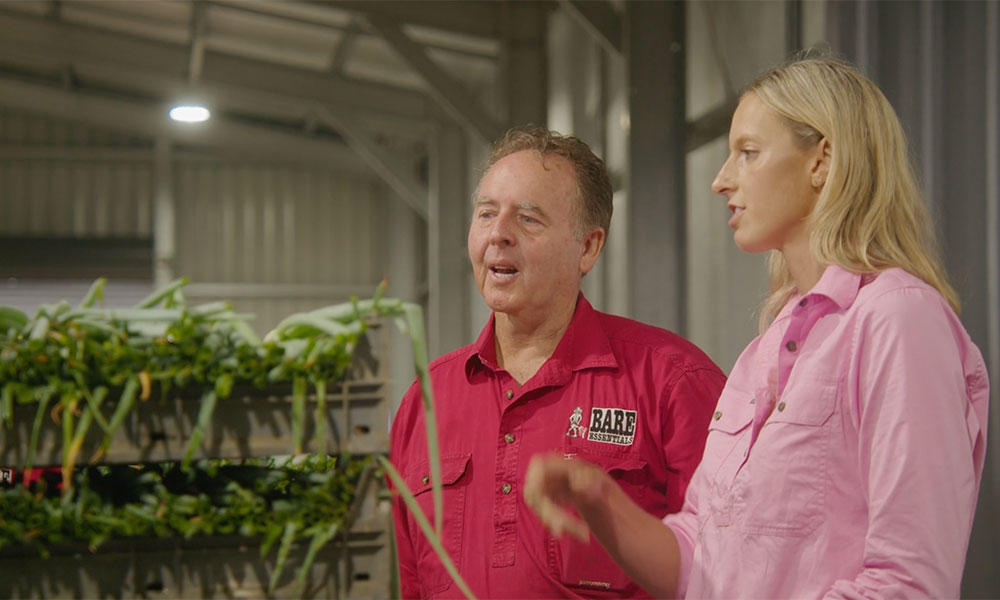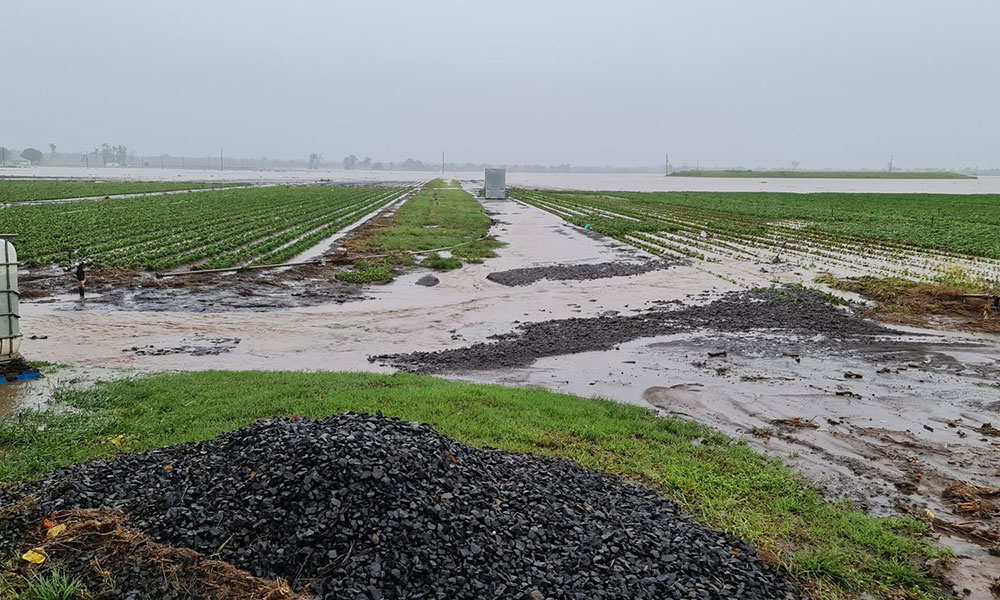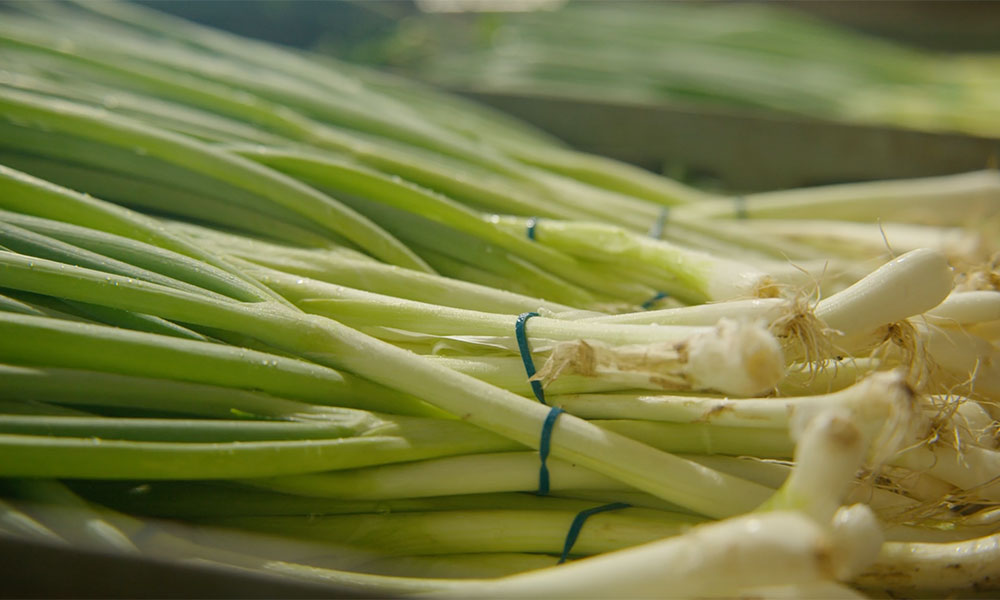
Back-to-back disaster events, plummeting market prices, financial pressures, lack of support services—few could argue that Aussie farmers have had an easy run these past few years.
Fourth generation Lockyer Valley vegetable farmers, Brendan and Janne Dipple, have certainly seen their share of hardship in the 26 years since they started their own operation essentially from scratch.
“We had that horrible bushfire season where it was too hot to grow anything. And then it was terribly dry, so we were using salty water, which makes the quality harder to achieve. Then we literally slid out of that dry and straight into rain. It was so drastic, that shift, we lost a lot of country in the floods,” said Brendan.

Brendan emphasised that it’s not just the immediate crop loss associated with a disaster event that presents a challenge, the knock-on effect to the soil means future harvests can be impacted for years.
“We’ve been underwater five times in the last two years. It’s killed everything every time, and the soil doesn’t get over it tomorrow, it lingers on. You’ve got to rebuild the soil, it’s financially crippling,” said Brendan.
With 93% of food consumed by Australians originating from domestic farms1, Brendan and Janne want everyone to understand what’s at stake when Aussie farmers struggle.
“Without farming, there are so many things you don’t have. And for the people that work between farming and your table, the people that look after the food businesses, it’s a really big machine. There’s a lot of people whose livelihoods are part of it,” said Janne.

According to a recent survey of Rural Aid’s registered farmers, an alarming 70% of respondents said they have considered selling their farms and leaving the industry. Janne urges Australians to support those struggling, as the impact of farming operations going under affects us all.
“Rural Aid plays a very large part in everyone’s life, whether you’re a farmer or not. Sometimes life on the farm gets tough like any other business and Rural Aid are the people that were there for us. Which in turn supports everybody,” said Janne.
Rural Aid will continue to stand with our farmers when they need it most, offering vital financial, volunteer, resource, and counselling assistance to Aussie farmers facing hardship. In the lead up to Mates Day 2024 on 20 March, we are asking for your support to keep the best local produce in our supermarkets and on our tables. From the country to the city… every plate tells a story.

